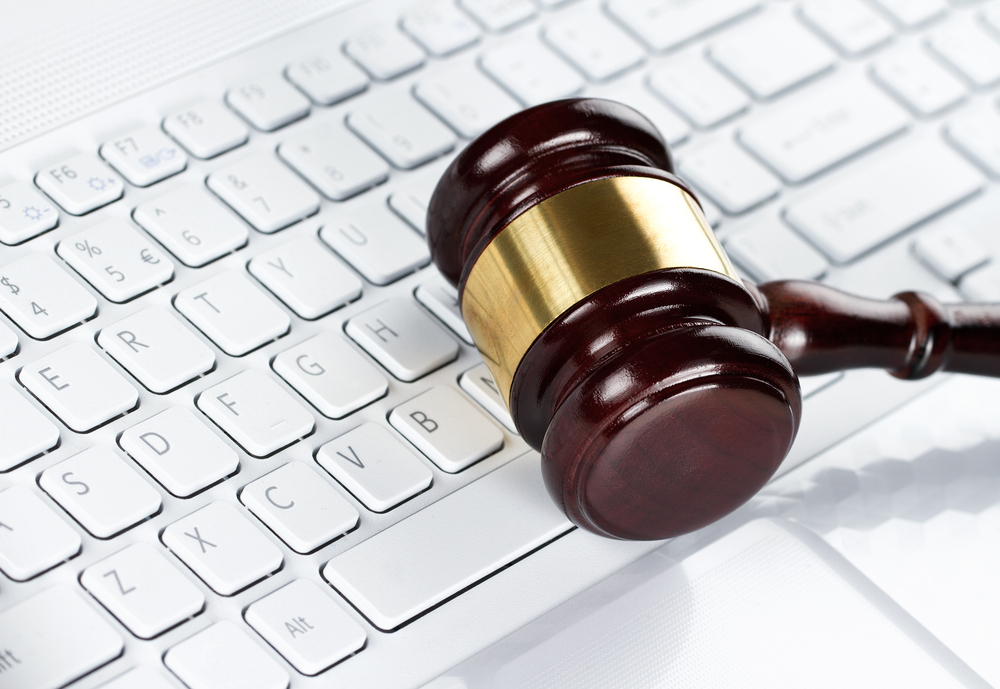 Once the subject of espionage novels, reports of worldwide infections by computer viruses, huge private data breaches and sophisticated hacking incidents have become part of Americans’ daily reality. With the widespread dependence of critical functions on information technology and systems, many in law enforcement believe that cybercrime is today’s most serious criminal threat.
Once the subject of espionage novels, reports of worldwide infections by computer viruses, huge private data breaches and sophisticated hacking incidents have become part of Americans’ daily reality. With the widespread dependence of critical functions on information technology and systems, many in law enforcement believe that cybercrime is today’s most serious criminal threat.
Connecticut computer crimes
While many computer-related crimes are investigated and prosecuted by federal authorities, Connecticut has enacted its own law designed to protect Nutmeg State residents from various types of computer-related fraud, theft and other misconduct. While the motivation for many computer crimes is potential financial gain, there is no specific distinction between this and other motives.
By and large, the law does stipulate that the conduct be knowing and deliberate.
The following acts violate Connecticut’s principal computer crime statute.
Unauthorized access to a computer system
Knowingly accessing a computer or computer system without authorization includes stealing passwords or defeating password protection. In general, some type of damage to hardware or files must result in order for this crime to exist.
Theft of computer services
Hacking into a computer or system in order to obtain free access to software or to an online subscription or service for which a fee is required.
Interruption of computer services
The introduction of a computer virus or other “malware” with the intent of either damaging the system or disrupting the enterprise which relies on it can also result in charges. “Ransomware” attacks, in which the perpetrator offers to debug or unfreeze the system in exchange for a monetary payment, is an increasingly common phenomenon.
Misuse of computer system information
Causing an unauthorized display of data or photos from a computer, or intentionally or recklessly and without authorization, altering, deleting, damaging or otherwise manipulating or destroying data counts as a misuse of a computer system’s information.
Destruction of computer equipment
As with misuse of information, this offense does not require intentional misconduct; reckless actions that result in the destruction of hardware or software is also prohibited.
Penalties
Under Connecticut criminal law, every computer crime is considered a first, second or third-degree felony or a misdemeanor. All carry significant penalties, and the level charged is dependent upon the monetary damage caused or the value of the property misappropriated.
First Degree
First degree is where the cumulative damage or value exceeds $10,000. This is a Class B felony, punishable by imprisonment for up to 20 years and up to a $15,000 fine.
Second Degree
A second degree penalty ranges in damage or value between $5,000 and $10,000 resulting in a Class C felony with a possible sentence of up to 10 years’ imprisonment and a maximum $10,000 fine.
Third Degree
Damage or value of between $1,000 and $4,999, or where the misconduct creates a risk of serious personal injury to another person.
Misdemeanor charges may still be lodged when the prosecution is able to prove the elements of the crime but there is only relatively minor monetary damage or value. These charges are still serious, with incarceration up to one year and up to a $2,000 fine.
Civil liability
Although the computer crime statute itself does not provide for a civil cause of action, victims may rely on a separate provision authorizing suit to recover damages incurred as the result of a computer-related offense. The plaintiff may request a temporary or permanent injunction as well as restitution, actual damages and reimbursement of attorney’s fees and costs are also possible.
NOTE: This is for informational purposes only and does not constitute legal advice.

